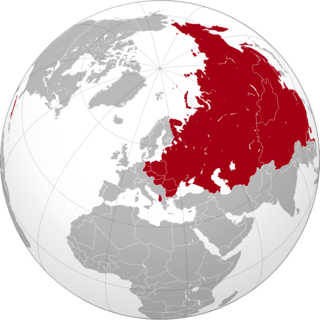- Thread starter
- #41
You're the only one saying IS and the Killing Fields are humorous. I'm saying Operation Menu played the same role in facilitating the Killing Fields as Operation Iraqi Liberation played in facilitating IS. If you find either one funny, I suggest you look into therapy.What do you imagine you're proving by claiming to "have sat in the 'Killing Fields' and looked out over the bones of the dead?"
That I know enough about the topic to know your infantile jokes about it are not funny.



